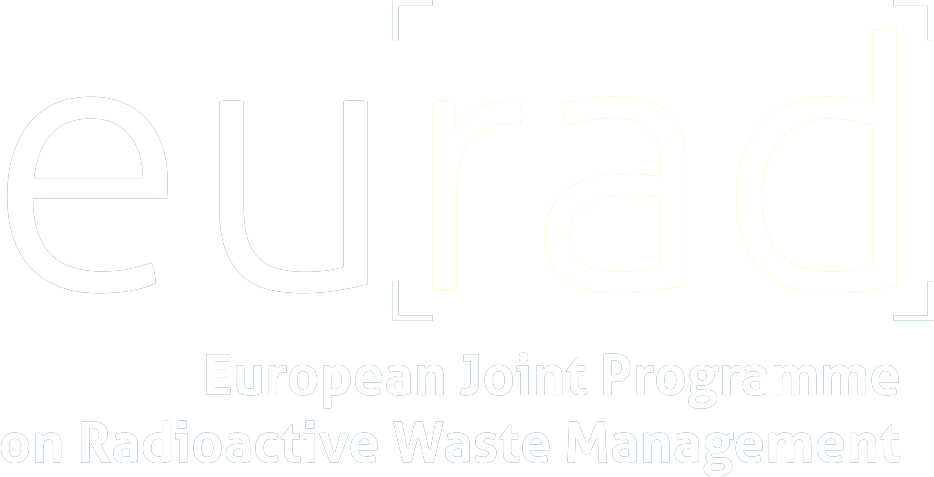Geological disposal systems for radioactive waste and spent fuel are based on multibarrier principle in which different engineered and natural materials act complementary to ensure the repository safety. The interaction between the different materials in the near field of a disposal system (both the engineered barrier system and the host rock) will induce geochemical changes of these materials as them are not in geochemical equilibrium.
The geochemical evolution as a consequence of physical and chemical perturbations needs to be part of the safety and performance analyses of the repository as it will influence (i) the durability of the different materials, and (ii) the speciation and mobility of radionuclides. Given the complexity of systems and time scales involved (ten thousand to hundred thousand years), assessing the evolution can only be done by numerical modelling in
which geochemistry is linked to transport using reactive transport codes. Geochemical models calculate geochemical state variables based on thermodynamic equilibrium and kinetic processes accounting for processes as aqueous speciation reactions, dissolution/precipitation based on saturation state, sorption based on mechanistic sorption models (exchange reactions, surface complexation) and possible kinetic processes.
The theoretical basis is enhanced by lectures on (i) principles of geochemical and reactive transport modelling, (ii) their applications for processes and evolution of materials in a geological repository (cementitious materials, glass, steel, clay, granite) (iii) speciation and migration of radionuclides, and (iv) advanced topics related to uncertainty and machine learning. Practical skills are improved by computer sessions in which participants will use
available software to implement and analyze models for calculating properties and evolution of materials and speciation of radionuclides.
Training Course: Geochemical and Reactive Transport Modelling for Geological Disposal
Start date:06/02/2023
End date: 10/02/2023
Beneficiary: Ionut FLOREA
Location: University of Bern
EURAD Work Packages involved
WP CORI


